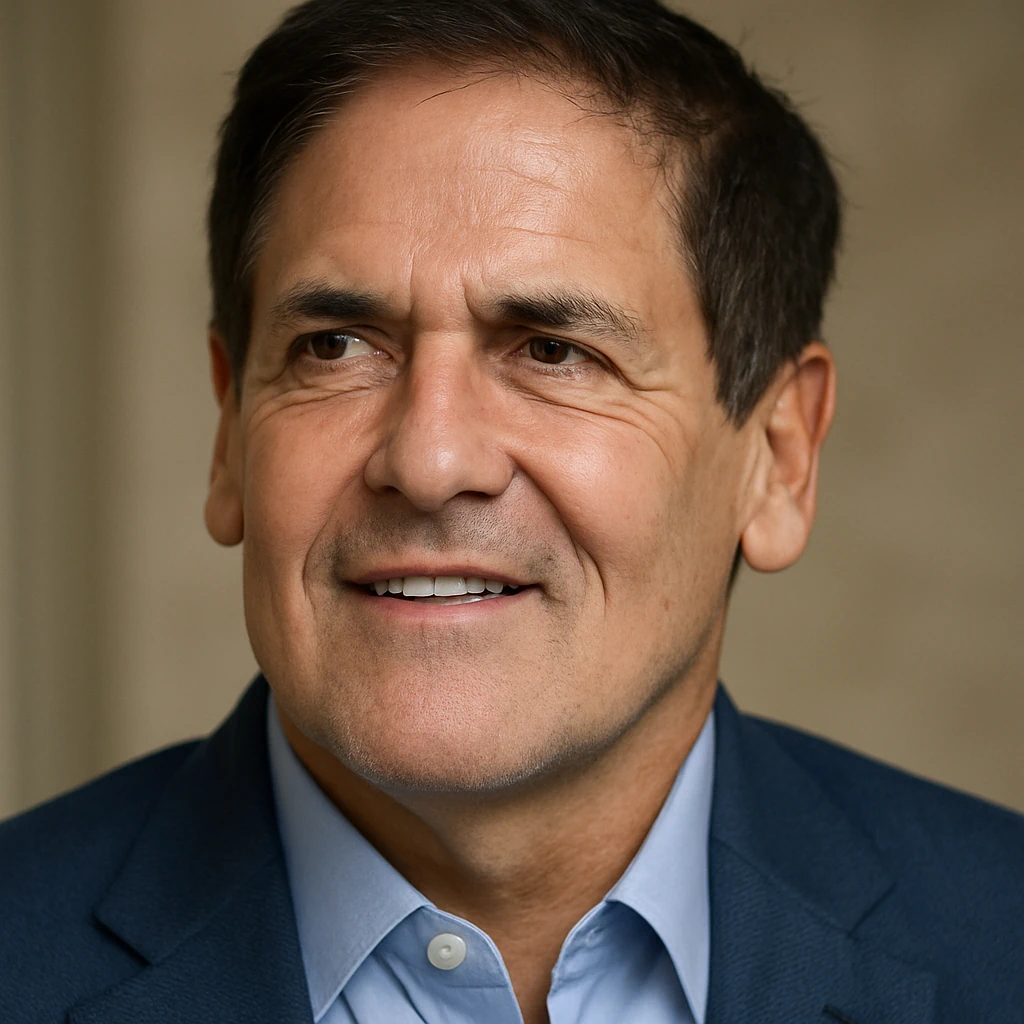The Productivity Paradox
Why 37x More Productive Is Impossible

Zappos COO Alfred Lin enlightens us on how to become 37 times more productive in only one year! Can it be? Let’s hear him out:
“…Being 37x more productive is impossible, and I’ll show you why. But along the way, it will become clear how becoming 2-3x more productive might be within reach.
His math isn’t the problem per se. It’s true that if you improve 1% each day over the previous day, that’s a 1% compounding rate. My question is: Is it possible to increase your daily productivity by an entire percent every day?
To answer that, I want to give you a fun math puzzle. Yeah, I know, “fun” is relative… Okay look, if you don’t like word problems just take a random guess at the answer. If you’re up for the challenge, try to solve it without pen and paper. You know, just to prove your MIT education wasn’t for nothing.
The Math Puzzle
Here’s the puzzle: You get in your car at home and head out towards your mother’s house 60 miles away. (Your mom likes this word problem, I can already tell.) You hit traffic during the first half of the trip, so after 30 miles you’ve averaged only 30 miles per hour.
How fast do you have to go during the second half of the trip such that you’ve averaged 60 mph over the entire trip?
If you’re not using pen and paper, maybe you guessed 90? 120?
The Answer: It’s Impossible
Actually it’s impossible! To average 60 mph, you need to travel the whole 60 miles in a single hour. But it’s already been an hour! Even if you went 1000 mph during the second half, it would have taken just over an hour to complete the 60 miles, therefore your average is still less than 60 mph.
It’s amazing how periods of low velocity wash away gains of high velocity.
In the puzzle, if you doubled your speed in the second half, it would increase your trip average from 30 to 40 mph. If you quadrupled your speed in the second half, your trip average would still be only 48 mph.
Once you’re behind, you can’t make up ground, no matter how fast you go.
Consistency Matters
Small, consistent improvements beat sporadic bursts of productivity
Lost Time Is Gone
You can’t make up for periods of low productivity, no matter how fast you go later
Realistic Goals
Aim for 2-3x improvements rather than impossible targets

